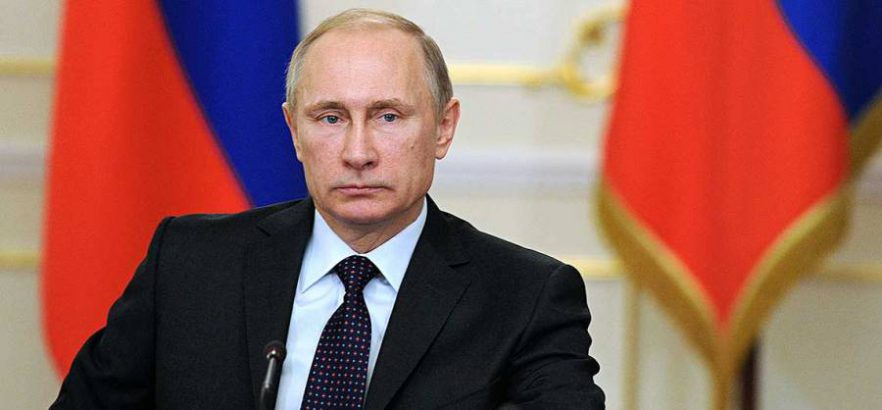Putin Extends Ban on Selling Oil at Price Cap
Russian President Vladimir Putin has extended until June 30 the ban on selling crude oil and petroleum products to recipients adhering to the price cap set by the G7 countries, EU and Australia

Russian President Vladimir Putin has extended until June 30 the ban on selling crude oil and petroleum products to recipients adhering to the price cap set by the G7 countries, the European Union (EU), and Australia.
The corresponding decree was published on the Legal Information portal of the Russian government, amending the previous version signed on December 27, 2022, and took effect immediately upon publication.
The presidential provision, which was set to expire on December 31, obliges Russian crude exporters to reject contracts with foreign legal entities or individuals that contain a mechanism that directly or indirectly establishes a maximum price at any stage of supplies up to the final buyer.
In December 2022, Western countries imposed a $60 per barrel cap on Russian crude due to the war in Ukraine. In February of the following year, they did the same for Russian derivatives by setting a ceiling of $100 per barrel for diesel and $40 per barrel for other petroleum products.
Western nations also introduced maximum prices for Russian petroleum products in February: $100 per barrel for diesel and $40 per barrel for other derivatives.
However, in Putin's first decree, it was specified that the Russian president reserved the right to introduce exceptions through a "special decision."
Thus, in April, he signed another decree to allow the export of Russian oil and derivatives to friendly countries with existing contracts regardless of the cap on Russian prices imposed by the West.
The exception only applies to countries not on the list of "unfriendly" nations.
On March 8, 2022, the Russian government adopted a list of "unfriendly" countries and territories, including the United States, Canada, all EU member states, the United Kingdom, Ukraine, Montenegro, Switzerland, Albania, Andorra, Iceland, Liechtenstein, Monaco, Norway, San Marino, North Macedonia, Japan, South Korea, Australia, Micronesia, New Zealand, Singapore, and Taiwan